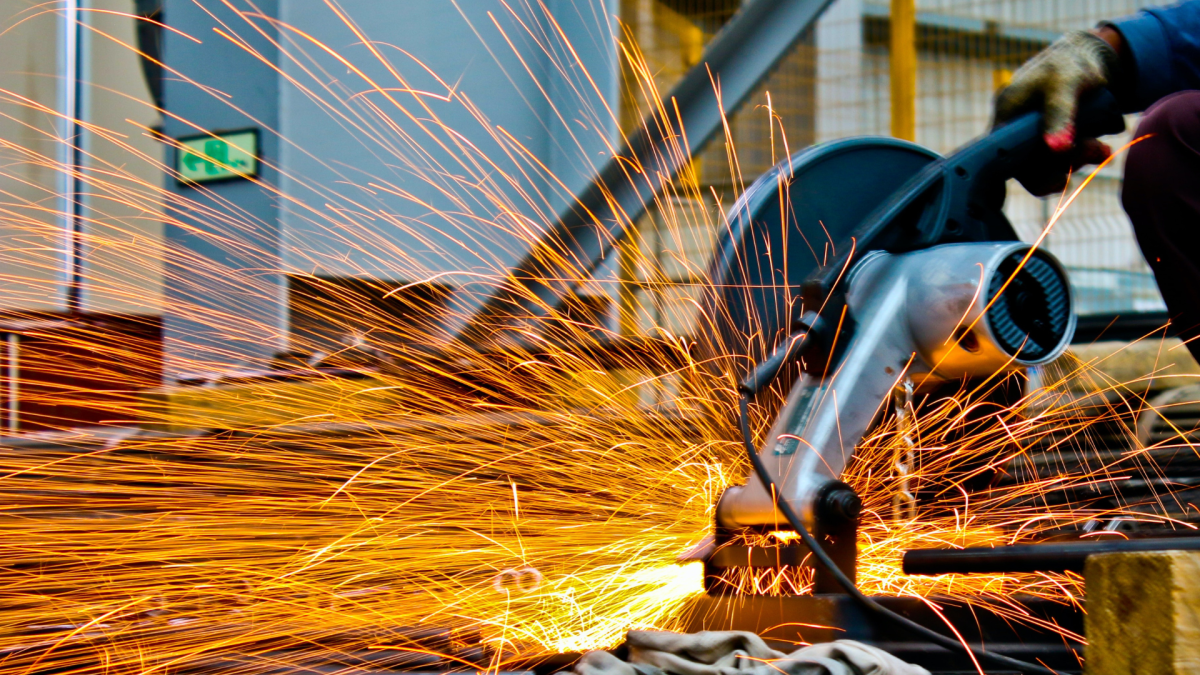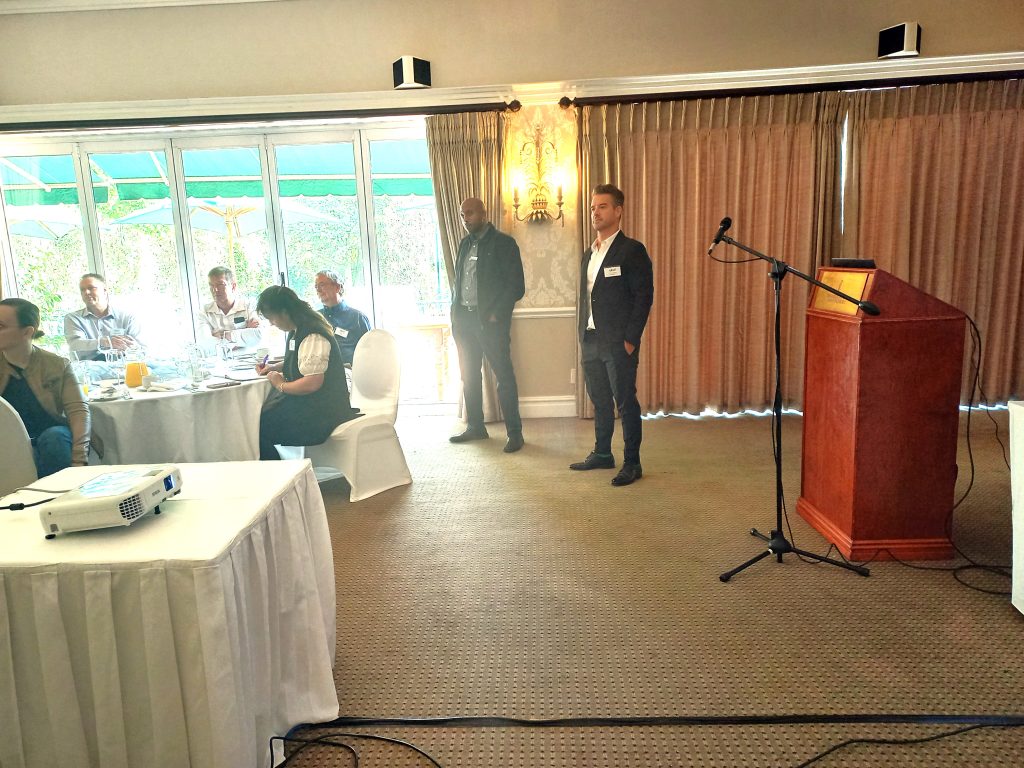
Engagement and greater collaboration among sector representatives, as well as wider training across the entire steel value chain in South Africa, can play a role in alleviating issues across the spectrum, including that of the availability of steel. This is the second part of a two-part article.
“This incredibly ground-breaking and exciting development – which entailed significant research – reflects the increasing importance of being able to develop a greener and more environmentally- friendly steel industry,” he notes.
“Education and training – as well as research – is critically important to ensure the future sustainability of the steel industry. In the same way that new research is able to change the chemical processes of steel-making, and to improve its environmental sustainability, so too is an increased focus on education and training – and communication. All these elements can change the outlook and prospects of the local steel industry for the better,” he enthuses.
Challenges posed to different sectors of the steel industry
Gebremeskel poses a series of challenges which he believes to be key to different sectors of the local steel industry, as follows:
- For suppliers and merchants: How best to deal with the quality of the steel material on offer, as well as the ‘internationalisation’ of the industry, and the need to follow business procedures as outlined by global parameters, specifications and compliance.
- For fabricators and erectors: How to include technical capability in the fabrication of steel as a value-add.
Gebremeskel also shared updates from the Institute on a number of different initiatives, including the relaunch of the Institute’s popular ‘Blue Book’ via a digital platform.
“Working on a digital platform will offer a more interactive resource, which will address some of the challenges experienced by different sectors of the industry,” he explains. The discussion was then opened up to the floor, with a lively debate ensuing around the key theme of the availability of steel. The presence of representatives from South Africa’s primary steel mill was regarded as being a particular value-add in these discussions.

Engagement and training focus
Early engagement with various potential stakeholders, both up and down the steel value chain, was an important topic raised by a number of delegates. It was noted that changing traditional, more linear ways of operating could play a significant role in dealing with the challenges posed by the availability of steel.
“In addition,” notes Adam Oldfield, “increased stakeholder engagement at project inception, and a focus on training throughout the steel value chain, could also assist with alleviating pressures. The same is true of education and training – it is a vital part of ensuring the ongoing success of the steel industry, across the board and at all levels.
I believe that training can play a significant role in being more cost-effective and allowing for a more considered approach to steel construction issues, wherever one is in the steel value chain. By ensuring that the professional team is communicating with the fabricators, who in turn are aligned to merchants, the flexibility in design approach can only benefit all parties.”
SAISC 2023 Annual Steel Awards
The event also featured a marketing update from the SAISC’s management consultant, Denise Sherman, on various planned initiatives and events that will leverage the revamped Institute website’s and their drive to digitise: from online education and training to the new digital entry procedure for the forthcoming SAISC 2023 Annual Steel Awards.
This signature event held by the Institute draws participants from all over South Africa through its promotion of steel in all its forms and applications throughout the industry. Last year’s Steel Awards – the first in-person SAISC since the pandemic – was enormously successful, with over 700 attendees who gathered to celebrate iconic steel construction projects, and garnering significant media coverage and profiling as a result.
Gebremeskel notes: “The Institute’s Annual Steel Awards are generally regarded as being a flagship event in the annual steel calendar: a triumph of local architecture, design and construction, in accordance with the highest global standards.
“We look forward to receiving and facilitating the judging of the entries for our 2023 Annual Steel Awards, and continuing to play our role in facilitating a stronger, greener and more effective local steel industry,” he concludes.
More news
- CELEBRATING EXCELLENCE IN THE RESIDENTIAL PROPERTY SECTOR
- PART 4: GIBS PANEL DISCUSSES INTEMEDIATE CITIES ROLE IN AFRICA’S DEVELOPMENT
- EXPOSED AGGREGATE PAVERS COMPLEMENT NEW LIFESTYLE CENTRE
- GIBS PANEL EXPLORES ROLE OF INTERMEDIATE CITIES IN SA’S DEVELOPMENT PART 3
- CITI-CON’S CONCRETE KNOWLEDGE SUCCESSFULLY DEPLOYED ON NEW LANDMARK DEVELOPMENT

